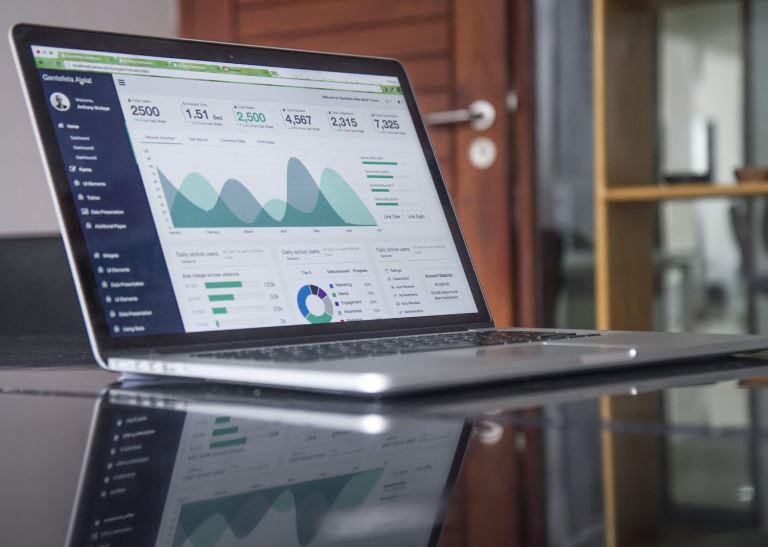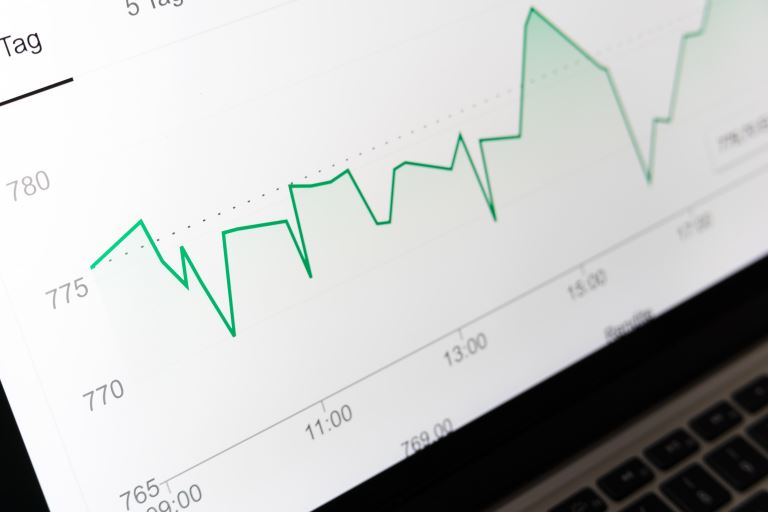
What Are The Precautions To Consider When Backing Up Your Data?
pThere are many ways to back up your data and your best method will depend on your needsWhen it comes to backing up your data there are a lot of things to consider What type of backup do you need How often should you back up your data What precaution
Did you know that backing up your data is essential to protect yourself from losing critical files? Backing up your data means making copies of your data and storing them in a safe place.
There are many ways to back up your data, and your best method will depend on your needs. When it comes to backing up your data, there are a lot of things to consider. What type of backup do you need? How often should you back up your data? What precautions should you take to ensure your data is backed up properly?
In this post, we will answer all of these questions and more! We will discuss the different types of backups, how they work, and the precautions you should take to ensure your data is safe. Backing up your data is essential for protecting your business, so don't skip this step!
What Are The Precautions To Consider When Backing Up Your Data?
There are a lot of reasons why you should back up your data. Maybe you're worried about a hardware failure, or perhaps you want to be able to access your files from anywhere. Whatever the reason ensuring that your data is safe is crucial. Here are nine precautions to consider when backing up your data
Choose a Reliable Service Provider. The first step to backing up your data is to choose a reliable service provider. Many companies offer cloud backup services, but not all of them are created equal. Do your research and read reviews before selecting a provider.
Encrypt Your Data. When you're backing up your data, you need to make sure that it's encrypted. Encrypting your data will help to protect your information if the backup service is ever breached. Many providers offer encryption options, so be sure to select one that does. Make sure your service has robust security measures to protect your data. This includes encryption, two-factor authentication, and more.
Keep Backups Off-Site. If something happens to your home or office, you don't want your only copy of the data to be destroyed. That's why it's important to keep backups off-site, in a safe location. An off-site backup could be a physical location like a safety deposit box or another cloud backup service.
Test Your Backups Regularly. Once your backup system is set up, it's crucial to test it regularly. Testing will ensure that your data is backed up correctly and that you can access it if necessary. Back up a small amount of data and then try to restore it to make sure everything is working as it should.
Support. What kind of support does the service offer? If something goes wrong, you'll want to be able to get help from the company quickly. Find out what kind of support they offer before signing up. If something goes wrong, you'll want to be able to get help from customer support. Make sure the service you're considering offers 24/7 customer support in case you need it
Pricing. One of the most important factors to consider when choosing a cloud backup service is pricing. Many providers offer free plans, but these usually have limited storage and features. Paid plans can vary widely in price, so be sure to compare them before selecting one.
Storage Space. Another critical factor to consider is storage space. How much data do you need to back up? Do you need more than one device? Make sure your chosen service has enough storage space to accommodate your needs.
Ease of Use. You should also consider how easy the service is to use. Backing up your data should be straightforward. The last thing you want is a complicated interface that makes it difficult to do what you need.
File Types. Not all cloud backup services support all file types. If you have specific needs, ensure the service you're considering can accommodate them.
What Type of Backup Do You Need?
You've got a lot of options when it comes to backing up your data. And the right option depends on your data type, how often you need to access it, and how much you're willing to spend.
If you have a lot of data you need to access regularly, you'll want to consider a backup service like Dropbox or Google Drive. These services give you similar storage space to an external hard drive and allow you to access your files from any Internet-connected device.
Backing up your data is an essential part of maintaining your computer. It protects your information in case of a hardware failure and provides an easy way to restore your files if they are accidentally deleted.
There are many different ways to back up your data, and the frequency with which you need to perform backups will depend on how often you use your computer and how important your data is.
For most people, Backing up your data once a week should be sufficient. However, if you constantly add new files or have sensitive information that you can't afford to lose, you may want to consider backing up your data more frequently. Multiple backup services are available to choose the best fit for your needs.
What happens if you don't back up your data? Well, first off, nothing bad will happen. But if you lose your data, you'll have to start over again. That means losing all your work, including any documents, images, videos, and other files you've created. So, back up your data regularly if you want to avoid this situation.
Different Types of Data Back-Up and How They Work
Here's a quick rundown of the most popular ones and how they work.
Cloud Backup
This is becoming increasingly popular as it's more reliable than other methods. Your data is stored on remote servers, which you can access from anywhere with an internet connection. The biggest downside is that it can be expensive, especially if you have a lot of data to store.
Local Backup
It involves storing your data on an external hard drive or another local storage device. It's a good option if you're worried about security since your data is physically stored on your premises.
However, it's important to remember that local backup is vulnerable to physical damage, e.g., fires and floods, so you'll need to have a plan for protecting your backups in those cases.
There are a lot of important reasons to back up your data. Here are just a few:
- Back-up services protect you from cyberattacks.
- If you lose your device, you won't lose your data.
- Backing up regularly can help you avoid data corruption.
- Backups give you peace of mind and can save a lot of stress in a data loss disaster.
Conclusion
Backing up your data is essential to protect it from loss or damage. But it's important to take precautions when doing so. Be sure to choose a reliable service provider, encrypt your data, keep backups off-site, and test them regularly. Following these tips can help ensure that your data is safe and sound.
Are you looking for a comprehensive data backup solution? Contact us today to learn more about our services. We offer custom solutions to your specific needs and are always here to help if you have any questions.








